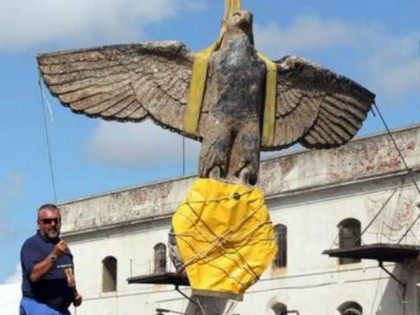Colombia Confirms 3,100 Pregnant Women Have Zika, No Cases of Microcephaly
The government of Colombia has confirmed 3,100 cases of pregnant women with the Zika virus, but no cases of the birth defect microcephaly.
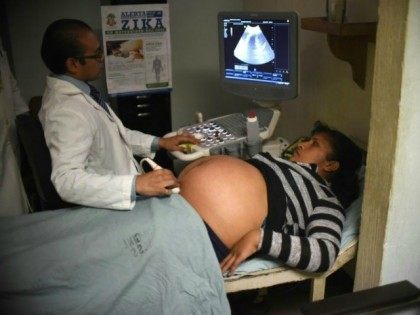
The government of Colombia has confirmed 3,100 cases of pregnant women with the Zika virus, but no cases of the birth defect microcephaly.

Brazilian scientists detected live Zika virus in human saliva and urine, which may indicate that a person in contact with these bodily fluids can contract the virus.

The Zika virus outbreak is exposing a ghastly secret that the environmentalist movement wants hidden, even if the cost is more Zika-babies.
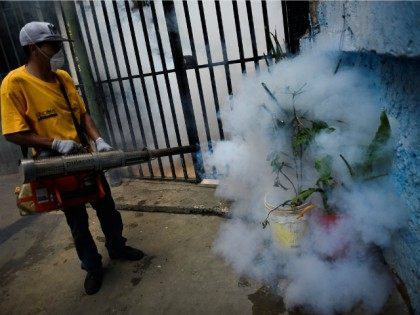
Sperm banks in the United Kingdom and the U.S. have changed policies to protect clients from the Zika virus.

Paralympians in Australia expressed fear and concern over Zika mosquitos in Brazil during the 2016 Rio de Janeiro Summer Olympics.
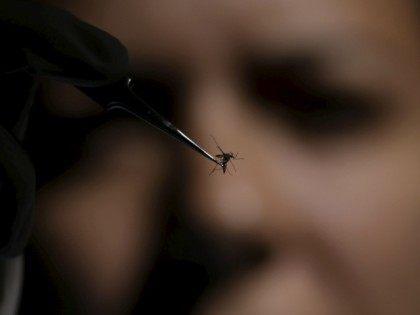
Brazilian officials have reported two cases of Zika infections through blood transfusions in Campinas, 62 miles northwest of São Paulo.
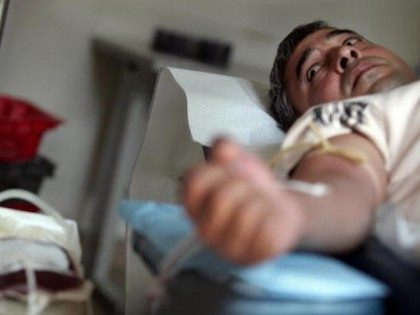
In an op-ed, El Salvador Vice Minister of Health Eduardo Espinoza stated the government uses mosquito-eating fish to fight against the Zika virus.
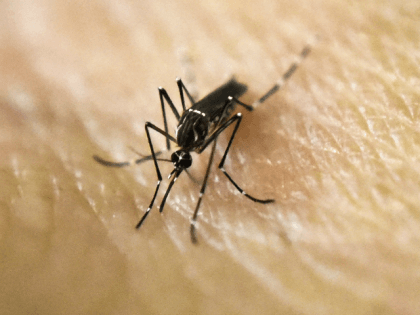
Brazilian celebrity doctor Varella Varella claimed officials have banned abortion to punish poor mothers. Fear of microcephaly due to Zika and a leftist pro-abortion campaign have resulted in a spike in dangerous illegal abortions in Brazil.

Gwen Hartley’s two daughters with microcephaly, which has stormed the headlines due to a possible link to Zika, live normal lives at ages nine and fourteen.

Brazilian Health Minister Marcelo Castro admitted the Zika outbreak is worse than previous reports made it appear.

The Venezuelan navy violated the sovereignty of neighboring Colombia on Saturday night, as armed navy sailors crossed the border by the Colombian town of Arauquita, storming a night club and terrorizing beachgoers.
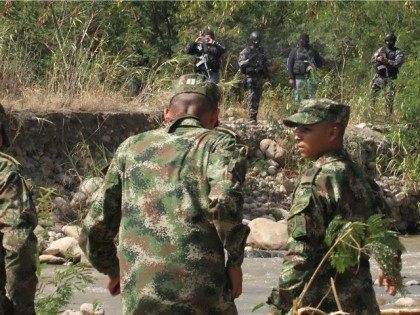
The World Health Organization has declared the Zika virus a public health emergency due to the thousands of cases of the virus linked to birth defects in newborn children.

Fear of microcephaly or other complications due to Zika have pushed women to illegal abortions, according to the Brazilian daily Folha de São Paulo.

Officials in Rio de Janeiro are identifying two cases of Zika virus infection every hour. A report from O Globo highlights the role neglect among Brazilian officials has played in allowing mosquito infestation in many of the nation’s urban hubs.

Zika survivors have shared their stories with the media about their experiences with the disease, including links to the rare Guillan-Barré syndrome.

The government of Colombia has announced that the Zika virus has infected more than 2,100 pregnant women, doubling the cases in over a week.

Virologist Gubio Soares, who first identified the presence of the pervasive Zika virus in Brazil, suggested that legalized abortion in French Polynesia may have prevented scientists from uncovering a link between Zika and severe infant deformities sooner.

The National Institutes of Health confirmed that the Zika virus outbreak has reached pandemic levels in Latin America.

As Latin America’s Zika outbreak continues to spread, the United States is rejecting blood donations from individuals traveling to countries affected by the Zika virus, while the Canadian government considers similar action.

Brazil authorities ordered health workers to sterilize Rio de Janeiro’s Sambadrome, which will serve as the center of the 2016 Summer Olympics, over the fear of the Zika virus.

Organizers of the Summer Olympics in Rio de Janeiro need to cut $500 million from the budget of $1.85 billion due to Brazil’s recession.

Conservative candidate Keiko Fujimori is leading Peru’s presidential election with 32 percent of the vote, according to the latest national polls, signaling a potential shift rightward for yet another South American nation.

The Venezuelan government has agreed to allow the nearly 2,000 Colombians violently expelled from the Venezuelan border to return to the country. It is not yet certain whether their property will be returned to them or if any of the victims of this mass deportation will want to return.
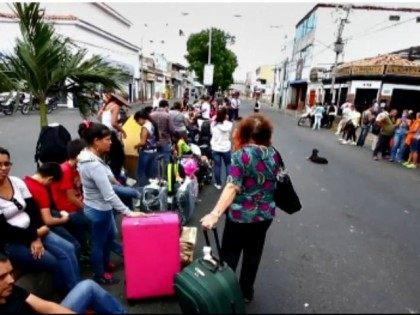
A much-publicized summit between Venezuelan head of state Nicolás Maduro and his Colombian counterpart Juan Manuel Santos to reestablish diplomatic relations following the mass deportations of Colombians without due process in socialist Venezuela has not resulted in a concrete solution regarding the fate of the forcibly displaced.

If there’s one thing that’s damaged the credibility of the Catholic Church over the last 13 years, it’s the clergy sex abuse scandal. In addition to making national and international headlines, it has cost the American church nearly $2.9 billion dollars since 2004.

Two of Uruguay’s six former Guantánamo Bay prisoners are planning to wed in Uruguay on Saturday, June 6. The women, reportedly both converts to Islam, are Uruguayan natives and are believed to have met the men in February, three months after their arrival to the nation.
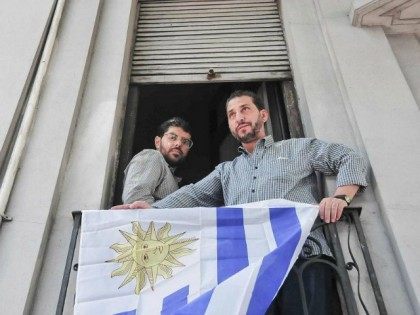
One year ago today, the Venezuelan government arrested Popular Will party leader Leopoldo López for organizing a protest against the government’s socialist policies. He remains in prison, and his wife, Lilian Tintori, has organized a protest of thousands in the very Caracas square where he was arrested, as reports surface that he has been moved into an isolation ward.

Uruguay has reportedly declared a senior Iranian diplomat persona non grata after he was involved in a bomb plot against Israel’s embassy in early January, according to senior Israeli officials who told Haaretz.

Chikungunya, a virus hailing from Africa and spreading rapidly in the Caribbean and South America earlier this year, may have just become an even bigger problem for Brazil, just as that nation’s summer is set to begin.
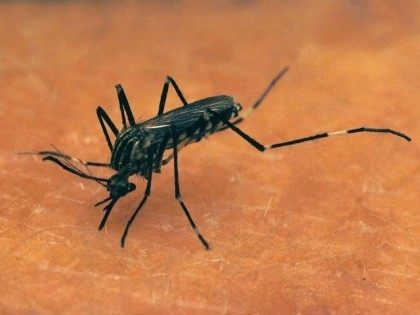
In December of 1939 the German pocket battleship Admiral Graf Spee fought a relentless battle with an allied task force off the coast of Uruguay. Badly damaged after a ferocious fight, the Admiral Graf Spee was pulled into a Uruguay harbor and scuttled. Seventy-five years later, pieces of the wreckage are in the hands of the Uruguay government and salvagers, prompting a debate about what to do with the Nazi artifacts.
